However, it must be said frankly that, compared to the requirements, the legal system and the law-making process still have many shortcomings. In the face of this reality, the urgent requirement is to fundamentally innovate the work of building institutions and laws. This is considered a "breakthrough of breakthroughs" to ensure a solid legal foundation, create a strong driving force for development, and bring the country steadily into a "new era - the era of national development".
To concretize this goal, the Resolution of the Government's thematic meeting on law-making in March 2025 set out specific requirements. That is, the drafting agency and relevant agencies prepare documents and present the Submission in a scientific manner, in which the basic contents are fully, concisely and clearly explained as a basis for the appraisal and verification agency to approach, research, evaluate and advise the competent authority to consider and decide.
With draft laws and ordinances that are amended or supplemented, it is necessary to clarify which provisions are inherited or omitted, and why? Which are the specific amended or improved provisions, and why? Which are the new additional provisions, and why? How much is the reduction and simplification of administrative procedures, and why? Which are the specific decentralization and delegation of powers, for whom, and why?...
For new draft laws and ordinances, it is necessary to clarify the contents such as how the Party's guidelines and policies are concretized? What are the practical issues that the law has not yet regulated? What issues have the law regulated but are not suitable? What are the problems that need to be resolved? How to simplify and reduce administrative procedures? How to decentralize and delegate power?...
In addition to the above issues, the resolution also requires that law-making must focus resources, take advantage of scientific and technological advances, digital transformation, virtual assistant tools, supporting databases, etc. In particular, it is necessary to continue to perfect mechanisms, regimes, and policies worthy of the team of cadres and civil servants working in law-making...
The above requirements are valid, however, to implement them, the key is still to innovate thinking and the law-making process in a professional, scientific, timely, feasible and effective direction. Analyzing and clarifying this further, some opinions at the Scientific Workshop on Building specific mechanisms and policies to create breakthroughs in law-making to meet the country's development requirements in the new era that took place recently said that, first of all, the Ministry of Justice needs to proactively build a team of experts with legislative techniques. Because if legal documents are not drafted scientifically and accurately, when put into practice, they will be counterproductive and cause difficulties for implementation.
Legal regulations should also be designed in an open direction, not confined within rigid frameworks. Legal policies should not only be mandatory but also need to have self-regulating mechanisms, allowing subjects to apply them flexibly in specific situations, in accordance with the constant fluctuations of reality. On the other hand, legal policies must be able to predict future changes in technology and socio -economic relations. Instead of focusing on adjusting problems that have already occurred, we must proactively propose policies not only to adapt but also to guide development.
The Resolution of the 10th Central Conference emphasized the task of innovating the thinking of law-making in the direction of promptly concretizing the Party's policies and resolutions; the law-making process must be professional, scientific, timely, feasible, and effective; must originate from and promptly respond to development requirements and rapid changes in practice, taking people and businesses as the center.
In the new era, the law must truly be the foundation of development, serving development and promoting development. Therefore, it is necessary to change legislative thinking to ensure the requirements of state management on the one hand, and on the other hand, encourage innovation, liberate productive forces, and mobilize all resources for development...
Source: https://daibieunhandan.vn/phap-luat-phai-phuc-vu-thuc-day-phat-trien-post409894.html



![[Photo] Party and State leaders visit President Ho Chi Minh's Mausoleum](https://vphoto.vietnam.vn/thumb/1200x675/vietnam/resource/IMAGE/2025/5/19/d7e02f242af84752902b22a7208674ac)
![[Photo] Special flag-raising ceremony to celebrate the 135th birthday of President Ho Chi Minh](https://vphoto.vietnam.vn/thumb/1200x675/vietnam/resource/IMAGE/2025/5/19/1c5ec80249cc4ef3a5226e366e7e58f1)

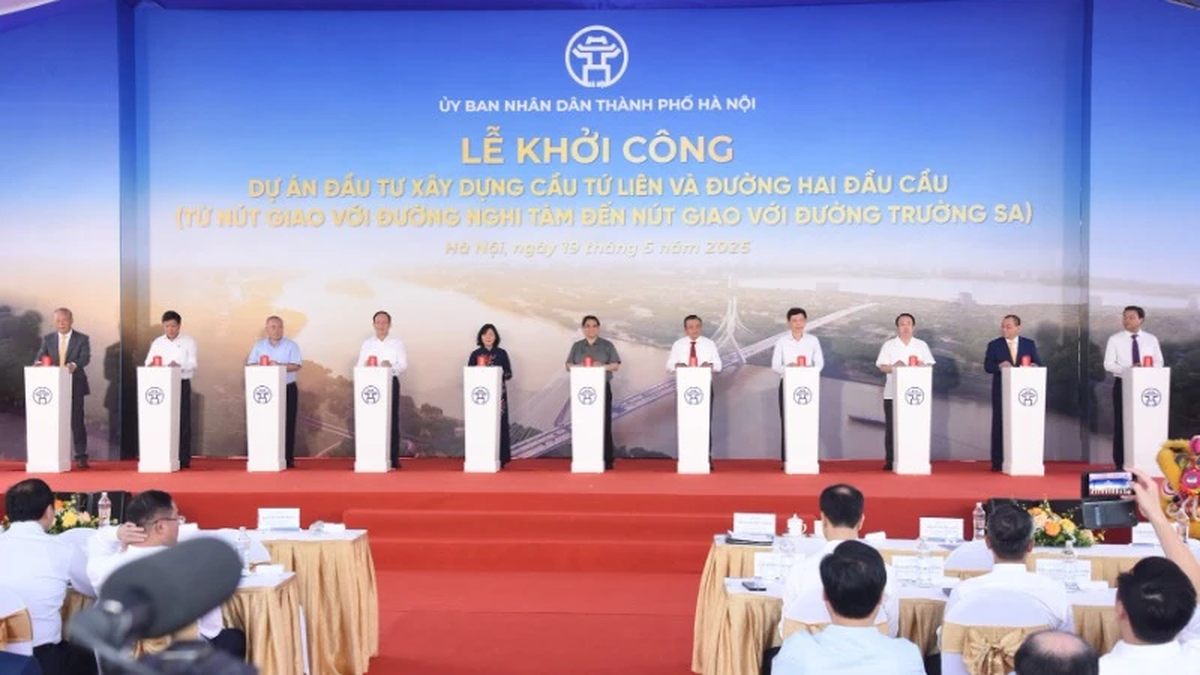




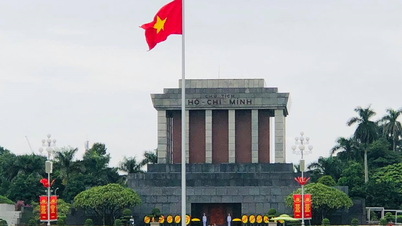




































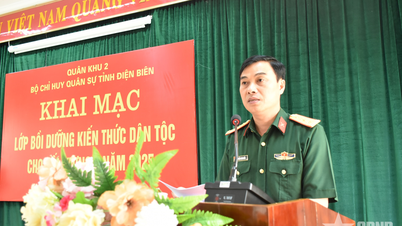






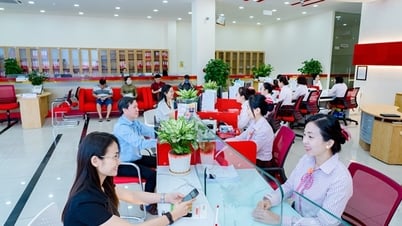


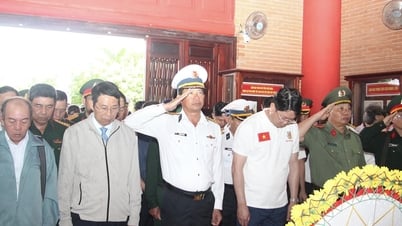




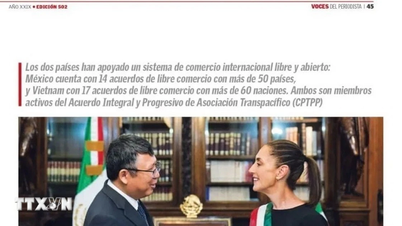
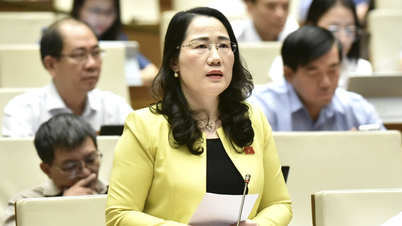




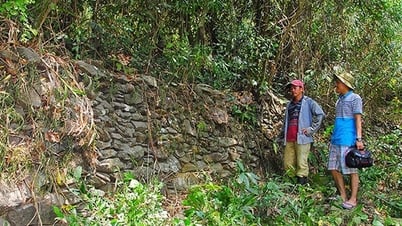




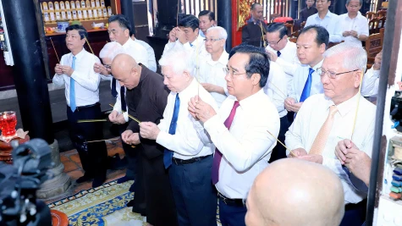

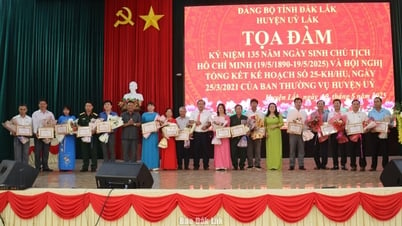


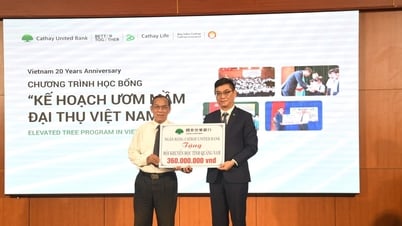



![[VIDEO] - Enhancing the value of Quang Nam OCOP products through trade connections](https://vphoto.vietnam.vn/thumb/402x226/vietnam/resource/IMAGE/2025/5/17/5be5b5fff1f14914986fad159097a677)








Comment (0)